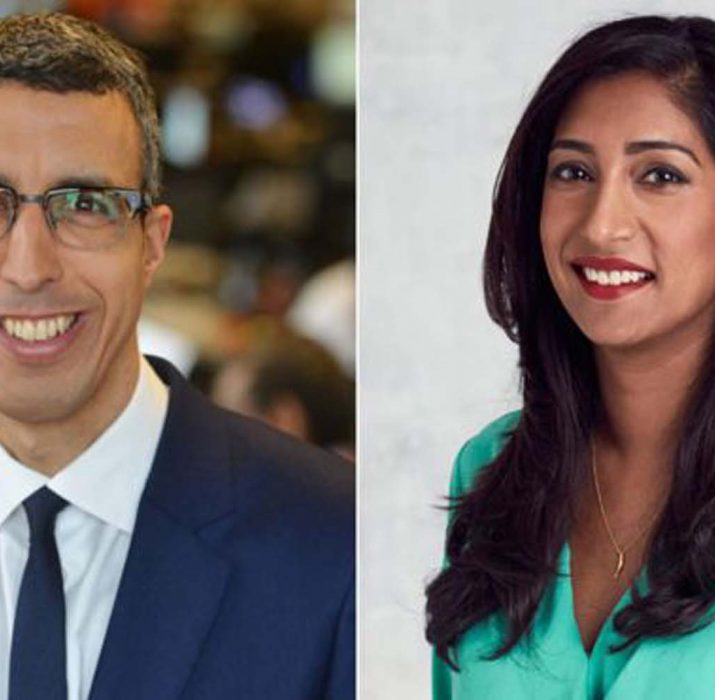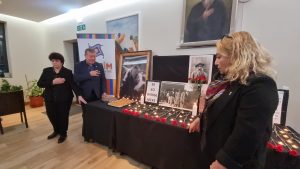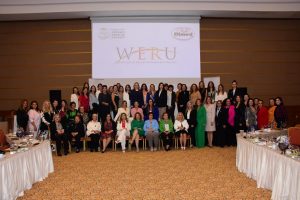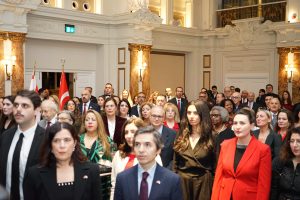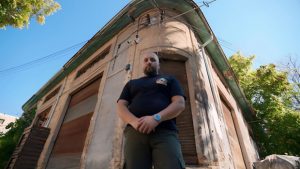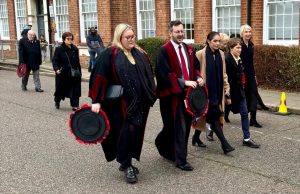BBC to help students identify ‘fake news’
The BBC is to launch a new scheme to help young people identify real news and filter out fake or false information.

BBC News Director James Harding.
The project is targeted at secondary schools and sixth forms across the UK.
From March, up to 1,000 schools will be offered mentoring in class and online to help them spot so-called fake news.
BBC journalists including Kamal Ahmed, Tina Daheley, Amol Rajan and Huw Edwards will also take part in events aimed at helping students.
James Harding, the director of BBC News, said: “This is an attempt to go into schools to speak to young people and give them the equipment they need to distinguish between what’s true and what’s false.
“I think that people are getting the news all over the place – there’s more information than ever before. But, as we know, some of it is old news, some of it is half truths. Some of it is just downright lies. And it’s harder than ever when you look at those information feeds to discern what’s true and what’s not.
“But there are ‘tells’, there are ways that you can look at your news feed and identify a story that’s true and a story that’s not. And we think that’s a skill that enables people to make good choices about the information they get and good choices in their lives.” (BBCNEWS)

Kamal Ahmed-Tina Daheley

